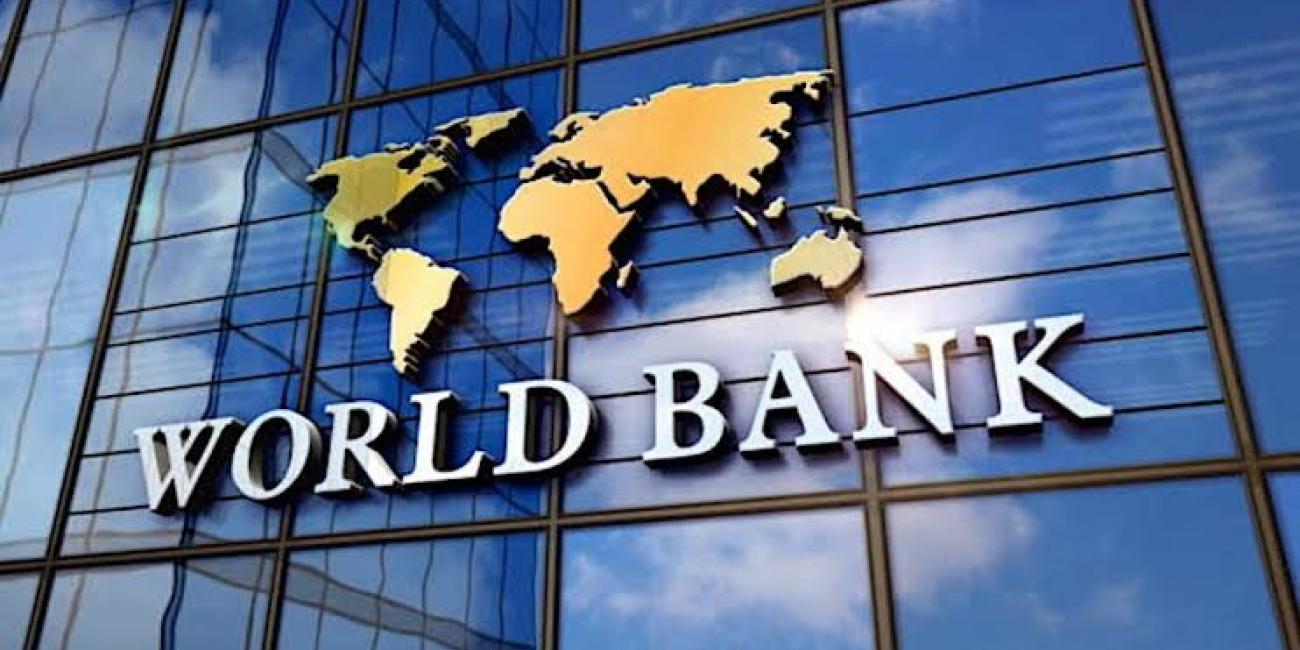In its January 2024 “Global Economic Prospects” report, the World Bank anticipates a substantial 3.3% growth for Nigeria’s economy in the coming year.
The key drivers behind this optimistic projection are the anticipated fading effects of petrol subsidy removal and the stabilization of exchange rates.
The Bretton Woods institution emphasizes that structural changes will play a pivotal role in boosting fiscal income throughout Nigeria’s economic landscape in the specified timeframe. Additionally, the World Bank anticipates a gradual easing of the country’s inflation rate in 2024, further contributing to the positive outlook.
According to the report, Nigeria’s per capita income is poised to return to pre-pandemic levels by 2025. Per capita income, representing the average earnings per person in a specific area, is expected to witness a restoration, reflecting the broader economic recovery.
“Growth in Nigeria is projected at 3.3 percent this year and 3.7 percent in 2025 — up 0.3 and 0.6 percentage points, respectively, since June — as macro-fiscal reforms gradually bear fruits,” states the World Bank in its report. The baseline forecast envisions per capita income reaching its pre-pandemic level by 2025.
The driving forces behind this economic growth are expected to be agriculture, construction, services, and trade, according to the World Bank. The report further predicts that the inflation rate will gradually ease as the repercussions of last year’s exchange rate reforms and the removal of fuel subsidies subside.
“These structural reforms are expected to boost fiscal revenue over the forecast period,” the report emphasizes, highlighting the positive impact of the outlined economic reforms.
While Nigeria is set to experience significant economic growth, the World Bank’s report also touches on other African nations. South Africa is projected to see a growth of 1.3% in 2024 and 1.5% in 2025, while Angola’s growth is expected to be 2.8% this year, slightly lower than the previous June estimate.
The broader forecast for Sub-Saharan Africa suggests an acceleration of growth in 2024 and 2025, approaching the average rate of the previous two decades, according to the international financial institution.



